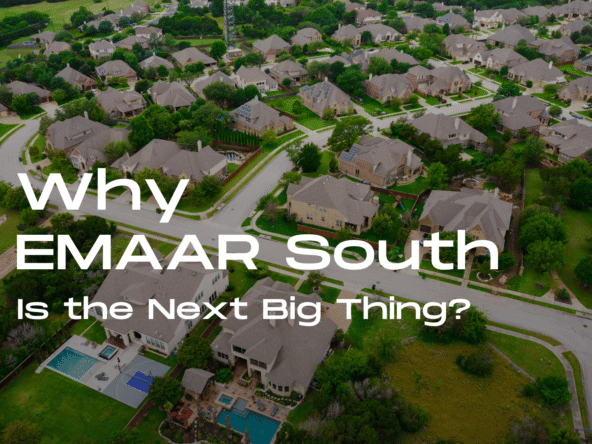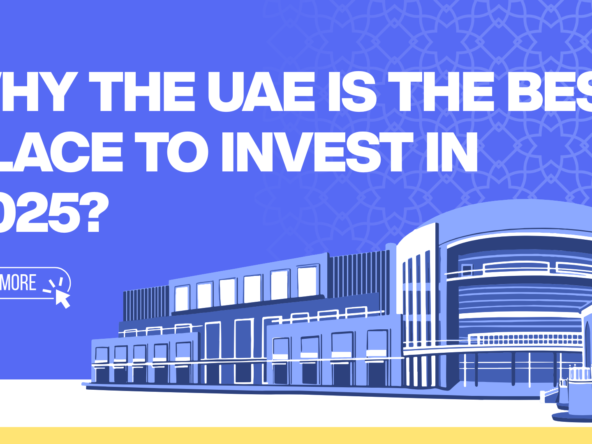Buying property in Dubai is always a smart move, regardless of the reason behind it, as it offers benefits across the board. Property ownership in Dubai is amazing, but it is important to highlight the costs involved, especially the hidden expenses that many buyers tend to overlook. Understanding these costs can help you plan better and avoid surprises during the buying process.
Sometimes, people overlook the additional costs involved in buying a property, and due to a lack of awareness, they often face unexpected issues during the final stages of the purchase process of property.
So, from here, you will get complete information about all the additional costs involved in buying a property in Dubai.
Overall cost structure for real estate buyers in Dubai.
Whether you’re buying a reasonably priced apartment or a luxury villa, it’s important to set aside extra funds beyond the property’s actual price. From government charges and administrative fees to ongoing maintenance and insurance, we’ll break down every cost category involved in purchasing property in Dubai, helping you make a well-informed investment decision.
Government-imposed fees
In Dubai, every property transaction must be registered with the Dubai Land Department (DLD) within 60 days. Failure to do so renders the transaction void. Although the 4% DLD fee is officially meant to be split between the buyer and the seller, in most cases, the buyer ends up paying the entire amount.
Here is a breakdown.
DLD registration fee.
4% of property value.
The property registration fee.
AED 4,000 plus 5% VAT for properties priced above AED 500,000.
AED 2,000 plus 5% VAT for properties valued at AED 500,000 or less.
Dubai Land Department Mortgage Registration Fee
0.25% of the loan amount + AED 290. This fee does not apply to cash purchases.
Initial deposit
Due to the fast-paced nature of Dubai’s property market, an initial deposit is required to secure a purchase. This deposit is usually paid by the buyer to the seller via cheque but is held by a RERA-authorized agent until the property is officially transferred.
For secondary market purchases of ready properties, the government of Dubai requires a 10% deposit.
Additionally, if the buyer is financing the property through a mortgage, a No Objection Certificate (NOC) fee must be paid. This certificate is essential for the legal transfer of ownership.
Insurance charges
In Dubai, residential property insurance is optional but highly recommended, as it protects homeowners from potential losses due to fire, natural disasters, theft, and other unforeseen events.
However, if you are buying property on a mortgage, then insurance is compulsory. That being said, banks require insurance as a condition for mortgage approval. It provides coverage for damages caused by fire, water leaks, or natural disasters. These insurance premiums are often overlooked and should be considered part of the hidden costs of owning a mortgaged property.
How it works:
- Banks typically charge annual insurance premiums based on the declining balance of the mortgage.
- These premiums usually range between 0.4% and 0.8% per year.
- Many banks also require life insurance, which can be paid annually or monthly, depending on the lender.
- Banks often offer in-house life insurance policies in collaboration with well-known insurers, but these are generally more expensive than external options, especially for young, healthy individuals who may qualify for lower rates.
Key points to remember:
- Insurance offers peace of mind and financial protection.
- Life insurance is often bundled with monthly mortgage payments.
- Bank-provided life insurance can be costly—consider comparing rates with independent providers.
- Always include insurance charges in your annual mortgage budget.
Service fees
After purchasing your property and completing the title transfer, it’s important to account for ongoing service charges. These annual fees are paid to the Dubai Land Department and are calculated based on the RERA index, which sets a rate per square foot depending on the specific community.
Service fees cover the maintenance of shared facilities such as swimming pools, gardens, elevators, and security. You can check the latest applicable rates anytime on the official DLD website.
Bank and Mortgage-Related Costs
If you’re purchasing a property in Dubai with a mortgage, there are several additional costs to consider.
Mortgage arrangement fee – Fee charged by the bank for arranging the mortgage.
Typically 1% of the loan amount plus 5% VAT.
Property valuation fee – A fee for the valuation of the property, which is a requirement for mortgage approval.
Usually between AED 2,500 and AED 3,500 plus 5% VAT
No Objection Certificate (NOC) fee – Required when purchasing a property with an existing mortgage. NOC is a legal certificate stating all dues are cleared.
It can range from AED 500 to AED 5,000.
These costs should be factored into your overall budget to avoid any surprises during the buying process.
Service Fees
After purchasing your property and completing the title transfer, it’s important to account for ongoing service charges. These annual fees are paid to the Dubai Land Department and are based on the RERA service charge and maintenance index, which sets a rate per square foot depending on the specific community.
Service fees cover the maintenance of shared facilities such as swimming pools, gardens, elevators, and security. You can check the latest applicable rates anytime on the official DLD website.
Agency Fees
Hiring a real estate agent in Dubai typically costs around 2% of the property price plus VAT, payable upon deal completion. A good agent adds value by guiding you through the entire process—from property search to handover—while offering insights on the area, developer, and market trends.
Additionally, if you use a licensed conveyancer to handle legal paperwork and ensure compliance with UAE property laws, expect to pay between AED 6,000 and AED 10,000. This helps ensure a smooth, legally sound transaction for both buyer and seller.
Dubai Electricity and Water Authority (DEWA) setup fees
The Dubai Electricity and Water Authority (DEWA) charges a setup fee for connecting electricity and water services when moving into a new property. The cost typically ranges from AED 2,000 for an apartment to AED 4,000 for a villa.
These fees are necessary to ensure the continued functionality and maintenance of the property. They may vary depending on factors such as property size and type. It’s important for buyers to include these additional costs in their overall budgeting when purchasing a property in Dubai.
FAQs:
How is VAT applied in real estate purchases?
VAT is charged on service-related costs—such as agency commission and legal or conveyancing services—not on the property’s sale price.
Do service fees fluctuate depending on the property location in Dubai?
Yes, service charges vary across Dubai depending on the property and the community. Villas, apartments, and townhouses all have different rates. Communities with more luxury amenities—like pools, gyms, and gardens—usually have higher fees. Always check these costs before buying, as they add to your yearly expenses.
Is life insurance compulsory when purchasing property via a mortgage in Dubai?
Yes, if you’re getting a mortgage in Dubai, you’ll most likely need life insurance. It’s there to make sure the loan is paid off if something unexpected happens to you. Expect to pay around 0.4% to 0.8% a year based on what’s left on your loan.
Conclusion:
Buying property in Dubai involves more than just the purchase price — from government fees to mortgage costs, there are several expenses to plan for. On top of that, everyday living costs like groceries, utilities, and school fees vary by location.
It’s not just about money — it’s about choosing a home that suits your lifestyle. With proper research and the right guidance from Auxilium Real Estate, you can make a smart, confident decision and enjoy a smooth buying journey.


